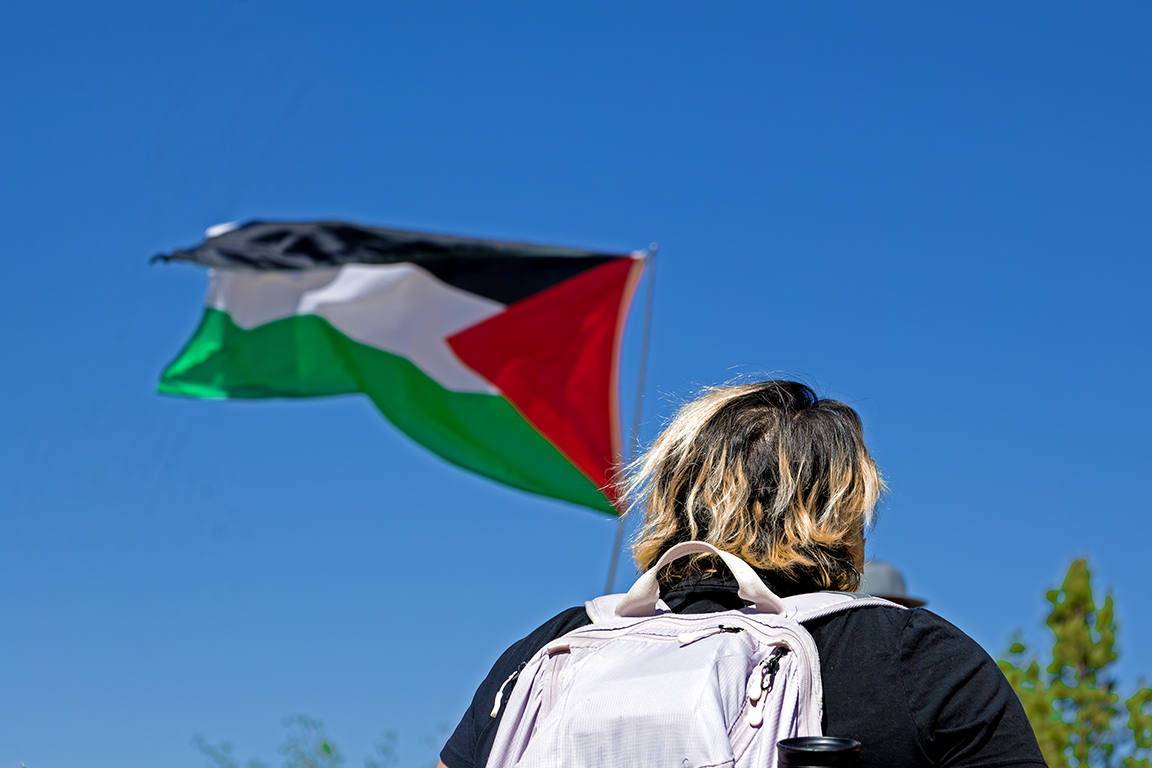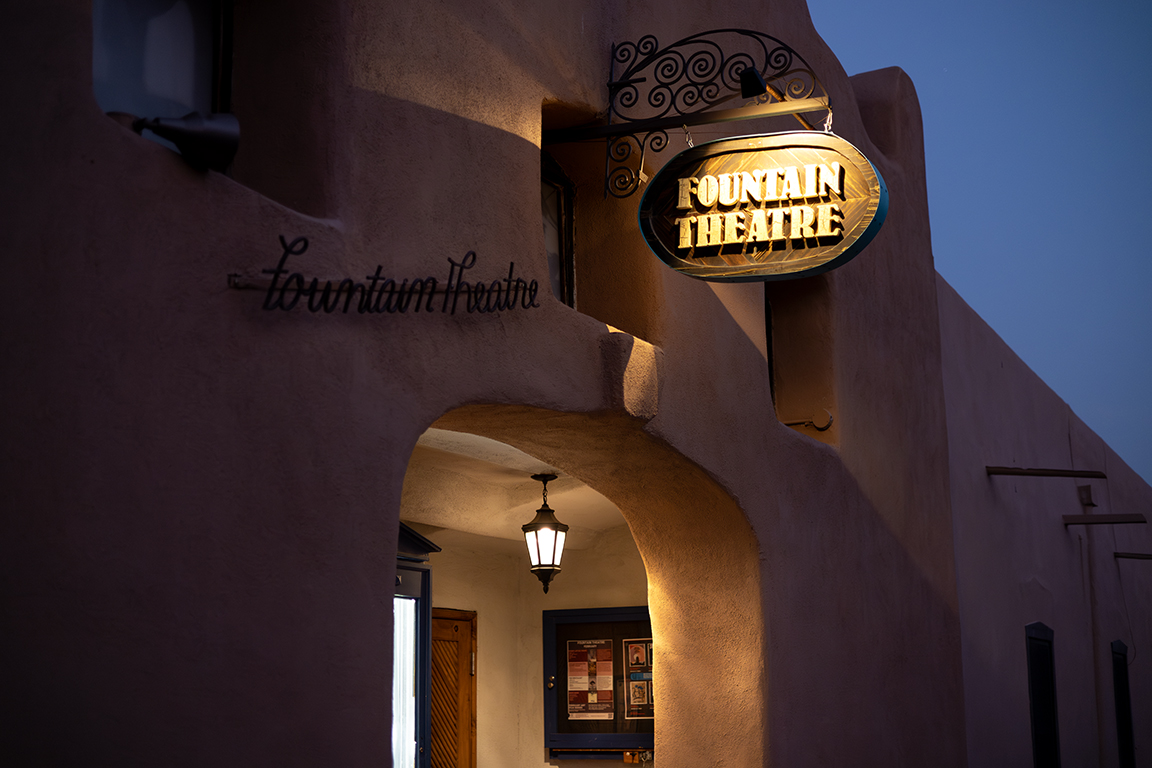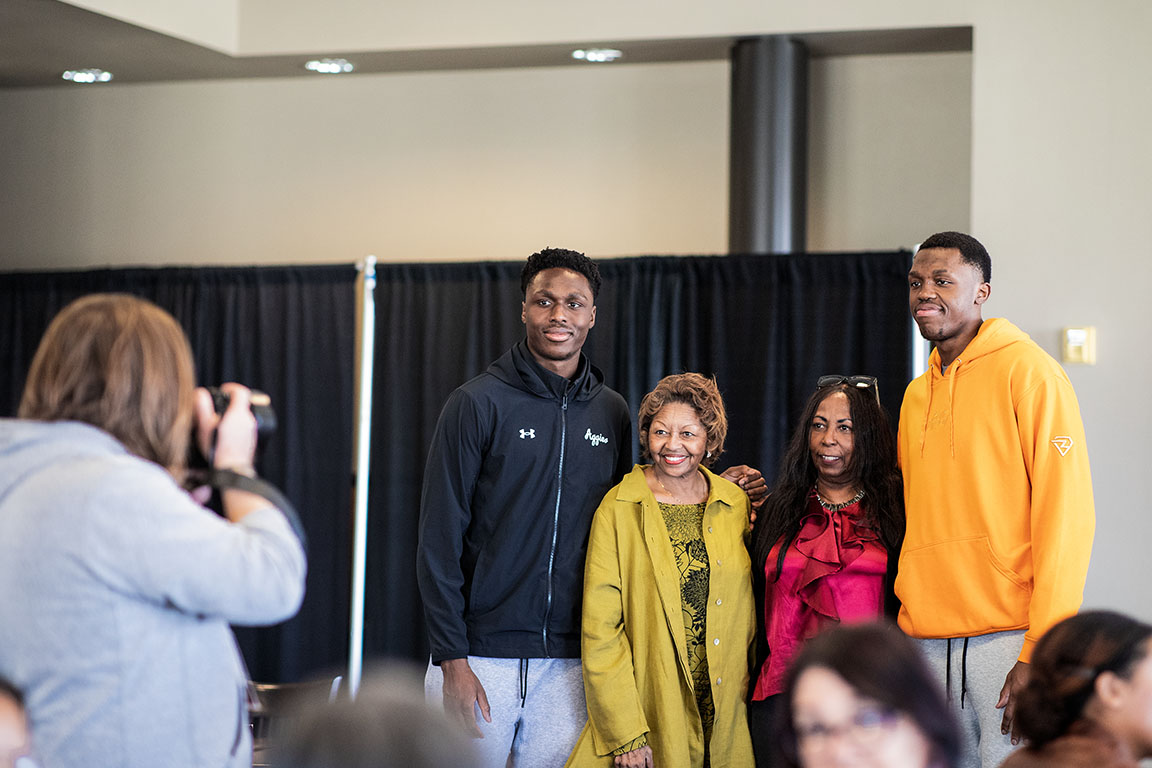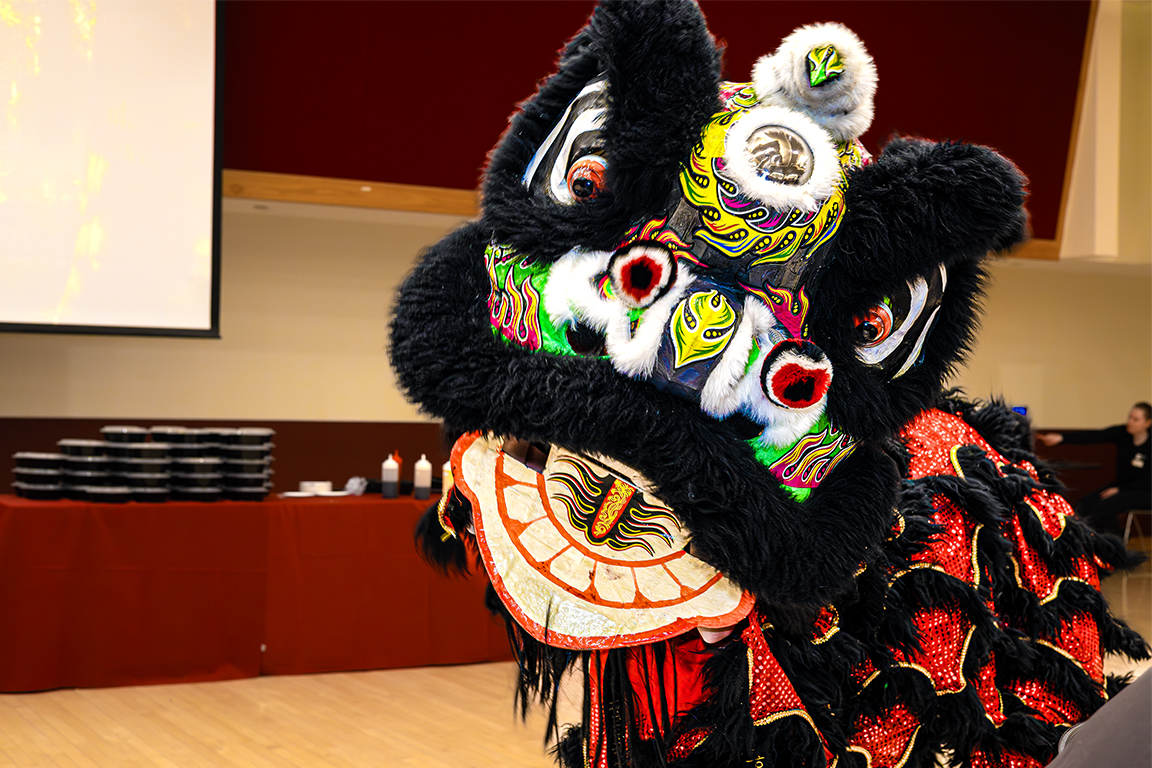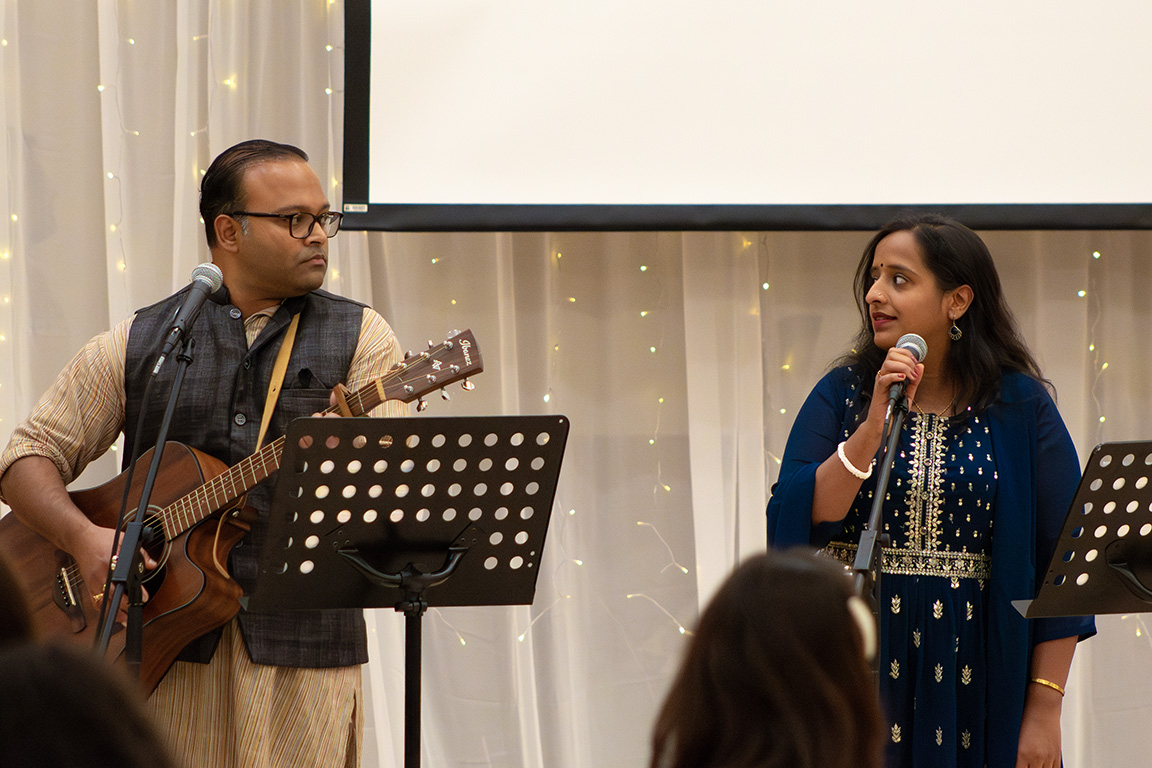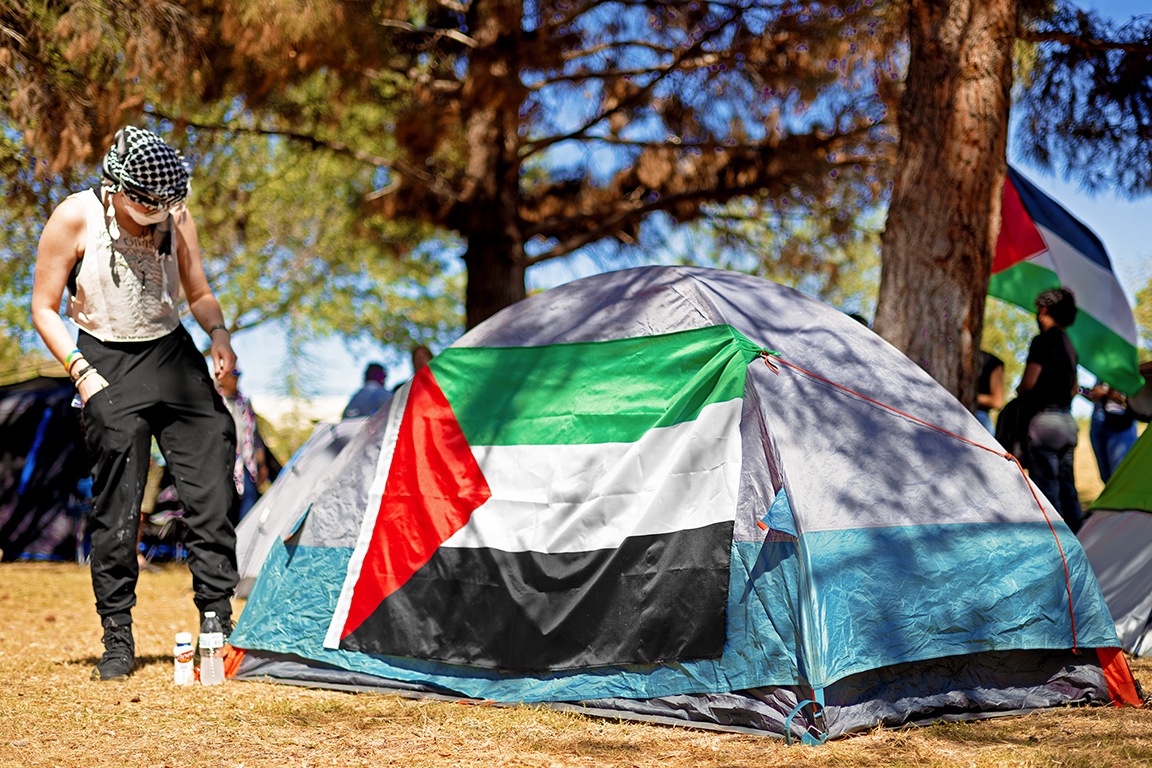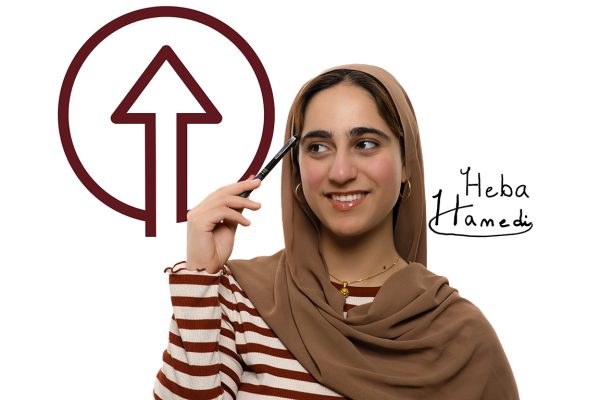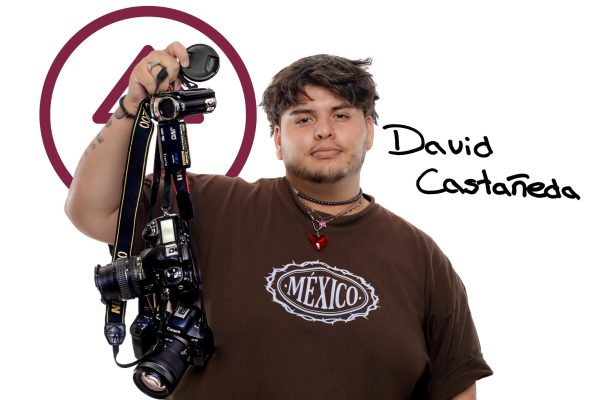Las Cruces for Palestine held a “Teach-In” on Friday, Sept. 20 in front of the Corbett Outdoor Stage. The event aimed to raise awareness and educate fellow students at NMSU about the Palestinian-Israeli conflict. Since 2023, many students have been protesting the United States’ involvement in the ongoing war in the Gaza Strip. This teach-in was meant to educate students about the history of the conflict and region, the U.S.’s role in the conflict, and the ongoing war.
Speakers at the teach-in wished to remain anonymous out of fear of backlash from their fellow students. The main speaker who took center stage began by mapping out the history of Palestine, including history of the Middle East and the relations between Western colonial powers and the Middle East. Spectators took turns weighing in on the topic and asking questions.
The organizer for this event, a member of Las Cruces for Palestine, emphasized the need for dialogue concerning the ongoing war. He said that it is crucial to have community-led discussions and educate others in a non-threatening manner, highlighting the importance to raise awareness about issues in Palestine, Gaza, and the surrounding areas. The organizer noted that there is a need to pair awareness with action.
“Raising awareness is good, but awareness has to be coupled with actionable items. Raising awareness is the first step to solving a problem,” he said. “People need to know that they are not powerless — that there is something that they can do. And I think once you understand the intricacies of it, you understand that without the consent of the American public, it can’t keep happening.”
While the discussion was taking place, Nathaniel Shrage, an assistant professor with the Creative Media Insitute at NMSU, stopped by to express his support for the students organizing and attending the event. Shrage is a member of Jewish Voice for Peace, an American Jewish advocacy organization that is critical of Israeli policies towards Palestinians.
“As a new faculty member, I want to be supportive of students, faculty, and staff, who are involved in supporting human rights and social justice causes.” Shrage says, “Jewish Voice for Peace is an organization that is rooted in Jewish cultural values and religious values, and specifically the idea that all life is precious and that life is one of the most, if not the most, important things we have. And that includes the lives of Palestinians and Jews.”
He thinks events like the teach-in are important to foster dialogue about history and current events. Shrage said he hopes to attend more events like this one, and notes that any backlash he may receive is not enough for him to stop his advocacy.
“[Any backlash] is greatly outweighed by my disgust and my feelings over what is happening right now, what is happening with the violence that is being perpetrated towards Palestinians, towards the people of Lebanon, and other people in the region,” Shrage said. “And I also know that ending the violence is crucial for Jewish safety as well — so I’m more afraid of that continuing than of any backlash towards me.”
Spectators who attended the teach-in said that they appreciated the event organizers. They remarked that the purpose of the event was to inform, and they were happy to walk away informed. For personal concerns, spectators did not wish to be identified.
One of the spectators said that he always felt, “a little bit uninformed about a lot of the history behind Israel and Palestine.” He continued, “Every time I hear [about] it, it’s just, it sounds like it’s so incredibly complicated. And coming to this discussion has been really helpful.”
A student, who did not wish to be named, said that while coming to this event and others like it was incredibly helpful, he feared backlash.
“There is always a source of fear; will I get in trouble?” he considered. “There are a lot of restrictions on me when I get in trouble if I just want to get informed about something that is happening in the world.”
Another student, who wished to remain anonymous, weighed in.
“I feel like I had a very superficial sort of perception of everything that was going on, and it was enough to sort of shape my opinion about what’s happening, but I still felt like I was, I was a little bit lacking,” he said. “There is still a lot to learn.”


